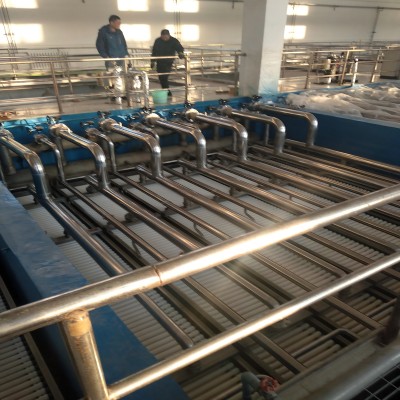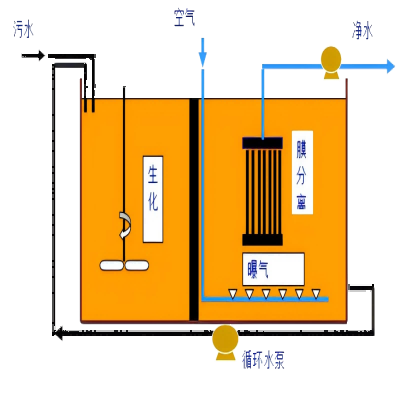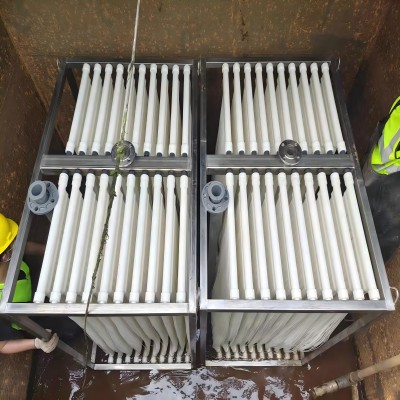Hollow fiber membranes are a type of membrane separation technology with a tubular structure, offering a high surface area and self-cleaning capabilities. These membranes are widely used in water treatment applications such as drinking water purification, industrial wastewater treatment, and seawater desalination. In this blog, we will explore the key advantages of hollow fiber membranes and how they serve as a compact and efficient solution for water treatment.



1. High Surface Area and Large Processing Capacity
One of the greatest advantages of hollow fiber membranes is their extremely large membrane surface area. Due to their unique structure, each membrane module can house a large number of fibers, with each fiber's surface contributing to filtration. This means that hollow fiber membranes can process large volumes of water in a compact space, making them ideal for applications requiring high-flow treatment, such as municipal water supply and industrial wastewater management.
2. Compact Design and Space-Saving
Hollow fiber membrane systems are designed to be very compact, requiring minimal installation space. Their tubular structure allows for maximum water treatment capacity in a confined area. This is especially important in industries with limited space for water treatment facilities, such as urban water plants, industrial plants, or on ships, where space-saving designs reduce project costs.
3. Self-Cleaning and Long Lifespan
Hollow fiber membrane systems typically feature backwashing capabilities, where reverse water flow is used to clean the membrane surface and remove accumulated contaminants. This self-cleaning function significantly reduces the risk of membrane fouling, extends the membrane's lifespan, and lowers maintenance costs. Regular backwashing ensures the system maintains stable filtration performance over time.
4. Low Energy Consumption and Easy Operation
Hollow fiber membranes operate at relatively low pressures, meaning they require minimal energy to filter water. As a result, their overall energy consumption is low, making them ideal for systems that need continuous long-term operation. Additionally, the simplicity of the hollow fiber structure ensures easy operation, maintenance, and management, making them suitable for large-scale water treatment applications.
5. Wide Range of Applications
Hollow fiber membrane technology has a wide range of applications in water treatment, including:
- Drinking water purification: Hollow fiber membranes effectively remove microorganisms, bacteria, viruses, and suspended particles, ensuring safe drinking water.
- Seawater desalination: Hollow fiber membranes are often used in the pretreatment stages of seawater desalination, removing suspended particles and preparing cleaner water for reverse osmosis membranes.
- Industrial wastewater treatment: They are suitable for treating wastewater containing large amounts of suspended solids and organic contaminants, especially in industries like chemical and pharmaceutical.
- Food and beverage processing: Hollow fiber membranes are used for concentrating and purifying products to ensure product purity and quality.





 Language
Language






 Network Supported
Network Supported